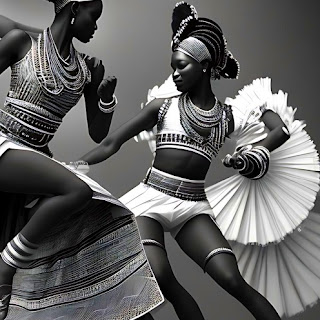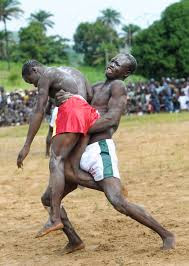Cultural Significance of the Medina of Marrakech

Exploring the Timeless Charm and Cultural Significance of the Medina of Marrakech. Medina of Marrakech was founded in 1062 by the Almoravid dynasty famous for its traditional markets. The Medina of Marrakech is the largest and most famous city in Morocco and contains many traditional markets in Jemaa el-Fnaa square. With thousands of vendors selling everything from textiles to ceramics to food, The Medina of Marrakech is a historic walled city located in the heart of Marrakech, Morocco and is considered one of the most important cultural and historical landmarks in Morocco. The Medina is surrounded by walls and is divided into a maze of narrow streets, alleys, and squared. It’s walls were built in the 12th century by the Almohad dynasty. The wall is made of red sandstone and stretches for about 19 kilometers, enclosing an area of approximately 600 hectares. The wall has numerous gates, including the famous Bab Agnaou, Bab Doukkala, Bab el Khemis, Bab el Robb, Bab er-Raha, and Bab A
 Since 2007
Since 2007







